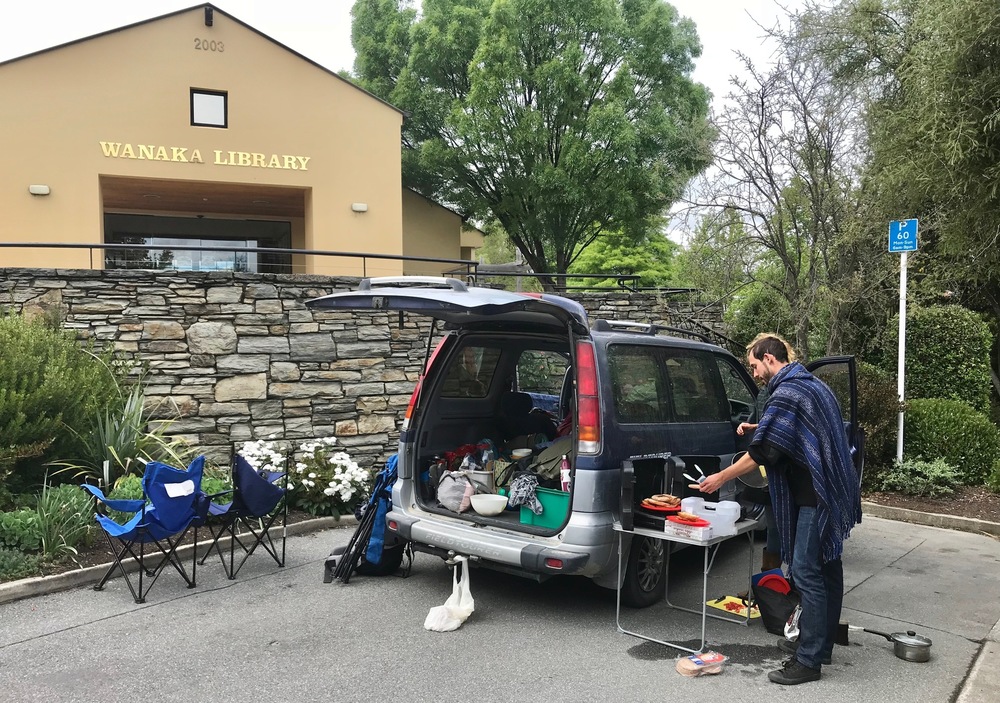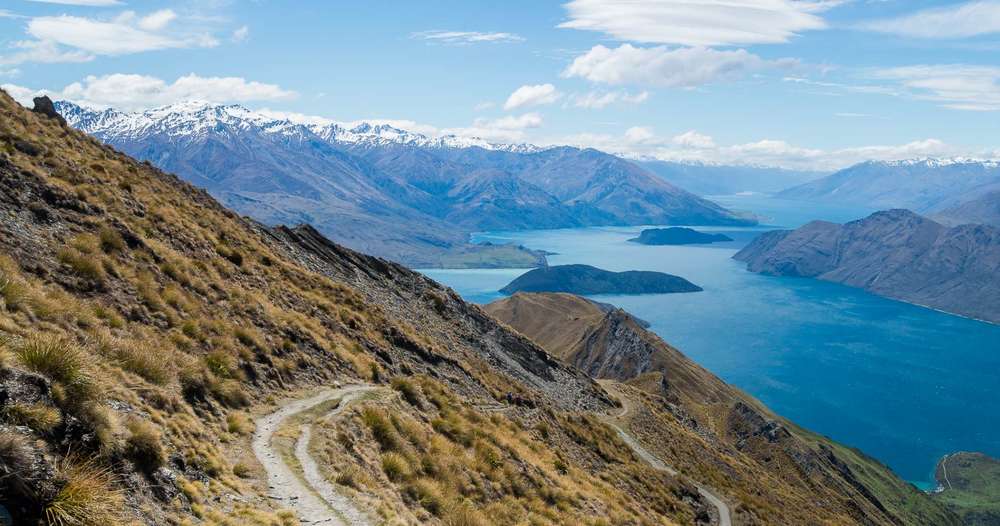Push for sustainable tourism gathers pace
Sue Wards
01 March 2021, 2:25 AM
 Funding for tourism infrastructure should be conditional on environmental criteria and aligned with the local community’s vision for tourism development, the PCE says. PHOTO: Lake Wanaka Tourism
Funding for tourism infrastructure should be conditional on environmental criteria and aligned with the local community’s vision for tourism development, the PCE says. PHOTO: Lake Wanaka TourismThe Parliamentary Commissioner for the Environment (PCE) is urging the government to take advantage of the pause in international tourism to transform the sector to one with a substantially smaller environmental footprint.
New Zealand’s tourism industry has grown rapidly in recent decades but Covid-19 has brought international tourism activity to a halt, threatening the livelihoods and commercial viability of many of New Zealand’s tourism-related businesses.
But tourism is not as environmentally benign as it’s made out to be, the commissioner said in a report released last week (Thursday February 18), and the discontinuity created by the pandemic offers an opportunity to address some of the long-standing environmental and social issues associated with the industry.
The report puts forward four proposals to address some of the problems outlined in the commissioner’s 2019 report, ‘Pristine, popular… imperilled? The environmental consequences of projected tourism growth’:
- Introduce a departure tax that reflects the environmental cost of flying internationally from New Zealand, and use the revenue to support the development of low-emissions aviation technologies and provide a source of climate finance for Pacific Island nations.
- Make any future central government funding for tourism infrastructure conditional on environmental criteria and aligned with mana whenua and the local community’s vision for tourism development.
- Clarify and strengthen the tools the Department of Conservation can use to address the loss of wildness and natural quiet at some of New Zealand’s most spectacular natural attractions, including tightening up rules around commercial activity on conservation lands and waters.
- Strengthen the existing standard for self-contained freedom camping, improve oversight of the certifying process and require rental car agencies to play a greater role in collecting freedom camping infringement fees and fines.
Both the tourism and conservation ministers said the report adds to calls to overhaul the tourism model that existed prior to Covid-19.
“The PCE tourism report joins a chorus of analysis which has established that previous settings, which prioritised volume over value, are not sustainable,” tourism minister Stuart Nash said.

The report wants the existing standard for self-contained freedom camping strengthened. PHOTO: Wanaka App
“The push for more sustainable tourism when our borders reopen is gathering pace.”
He said while it was too early to respond in detail to the PCE recommendations, which require consideration by a number of government agencies, the report is “a timely challenge to many assumptions which underpin our tourism industry”.
He said his priorities include ensuring the full cost of tourism is priced into the visitor experience and it is not left to ratepayers and taxpayers to pick up the tab or subsidise tourism activities, and repositioning the industry.

The Parliamentary Commissioner for the Environment has asked DOC to tighten up rules around commercial activity on conservation lands and waters. PHOTO: Lake Wanaka Tourism
“Tourism will not return to ‘business as usual’ as it was in 2019. The sector was under pressure even before Covid closed our borders. Problems like congestion in national parks, degraded natural attractions, creaking local infrastructure, seasonal peaks and troughs, and abuse of the freedom camping regime led to a poor visitor experience and an unfair burden on small communities,” Stuart said.
Conservation minister Kiri Allan said the report was an opportunity for everyone to look at the role conservation has in tourism.
“It acknowledges that tourism in the time of Covid needs a reset… To safeguard options for future generations we need to re-imagine how we balance visitor volumes with the value we place on the environment. This report adds to that conversation,” she said.
Stuart said there are parallels between the PCE report and government priorities for the tourism and conservation sectors, with the report complementing other advice commissioned as part of the Covid recovery and rebuild.
“This shows that we all want similar outcomes: a tourism industry that is sustainable, authentic, and one that benefits the community as well as the visitor,” he said.

